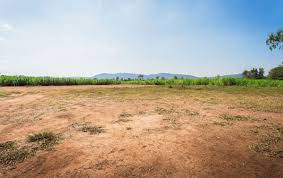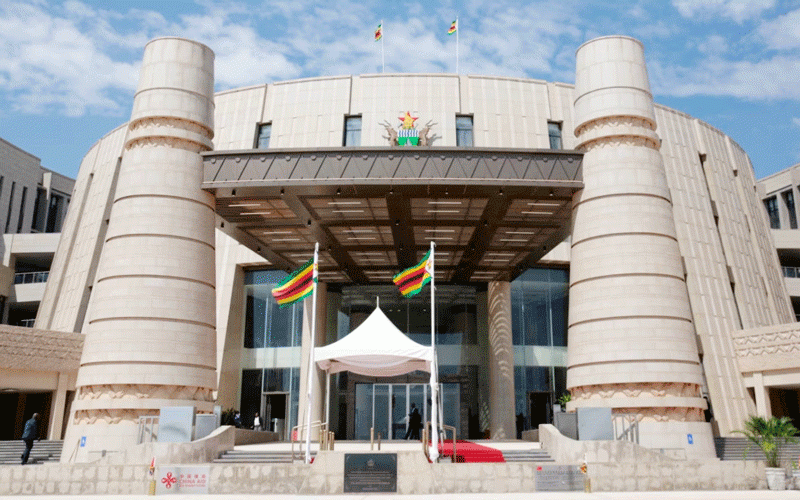
Heal The Wounds explores exactly how the government’s newly set up committee for national healing can best ensure that the painful events during and after the disputed elections are dealt with — and it does so with a great deal of humour.
Zimbabwean theatre has been bold in tackling political issues over recent years, despite a repressive environment.
But with a government of national unity set up in February, the language has changed, and rather than alluding to issues, matters are being dealt with head-on.
“We were beating about the bush in the past. We were not direct,” says Heal The Wounds playwright Stephen Chifunyise, a former senior civil servant.
“We were critical but not direct. We were self-censoring ourselves.”
In the play, brothers-in-law Adam and Godknows visit their parents in their village, where the community has been brutalised by political violence and where mistrust continues.
- Chamisa under fire over US$120K donation
- Mavhunga puts DeMbare into Chibuku quarterfinals
- Pension funds bet on Cabora Bassa oilfields
- Councils defy govt fire tender directive
Keep Reading
Discussions turn to the national healing process, revealing how many people were maimed, abused, traumatised, dispossessed of their property, jobs and livelihoods.
But they also reopen old wounds from the independence struggle in the 1970s, which brought President Robert Mugabe to power.
“In 1976 I was nearly killed by the Rhodesian police because people from this village told them that my brother had gone to Mozambique to join the comrades,” one of the characters says.
“In 1978 I nearly lost my life because people from the same village told the comrades I was a collaborator with the Rhodesian police.
“I’d forgotten these things, but what happened last June made me remember everything.”
Chifunyise says he sought out people’s views when writing the play.
One of the refrains is: “An axe still stuck in your head.”
“It is an expression which came from three actual communities,” explains Chifunyise.
“They said: ‘We still have pains, we still have axes, knives stuck in our bodies and the only way to remove those axes or those knives is to try and ensure that justice is done.’”
He says it shows that the healing process has to start now.
The characters explore the best way to go forward.
“Going public will not help. We all have to forgive other each other. People have to accept that forgiveness is the medicine for healing,” one says.
As well as financial compensation, the play also suggests that the wounds could be healed through a full South African-style Truth and Reconciliation Commission, by traditional cleansing ceremonies, or by replacing a desire for revenge by just forgetting the past and moving on.
Outside the auditorium, people felt Heal the Wounds needs a wider audience.
“I think it might help, quite a lot, if they showed it to the politicians; not to the common people,” one woman said.
“It’s a good play — it reflects so much about Zimbabwe and what’s been happening to Zimbabwe; and people have been quiet about it; so silent.”
There are still well-documented cases of ongoing violence and intimidation and abuse in Zimbabwe and so, does it make sense to be talking about healing when the violence has not yet stopped?
“There may be some communities where some people still think they can use political violence to gain mileage,” says Chifunyise.
“But the official position of all the parties at the moment has been to condemn violence.
“That to me is why we the playwrights and all the actors are following suit and saying: ‘Let’s play a role in condemning violence so that democracy genuinely can prevail.’”
Chifunyise is planning a national tour of the play when it finishes its run in the capital, Harare, at the end of the month.
Presidential and general elections are due to be held as early as 2010, with several by-elections already overdue.
“If we do not have comprehensive healing, the next elections will be even worse,” the playwright warns. “There will be more violence because people will think it is a pattern of politics.” — BBCOnline.











